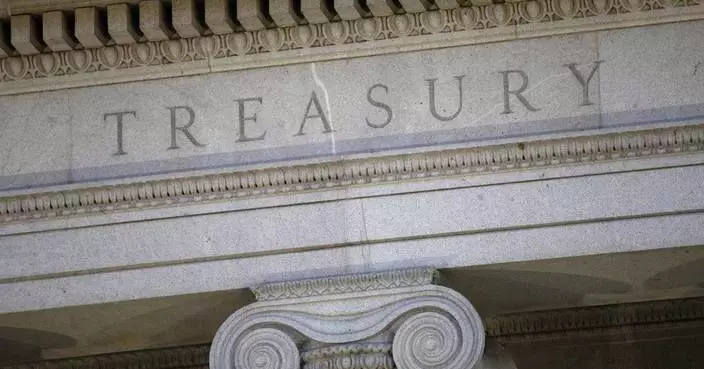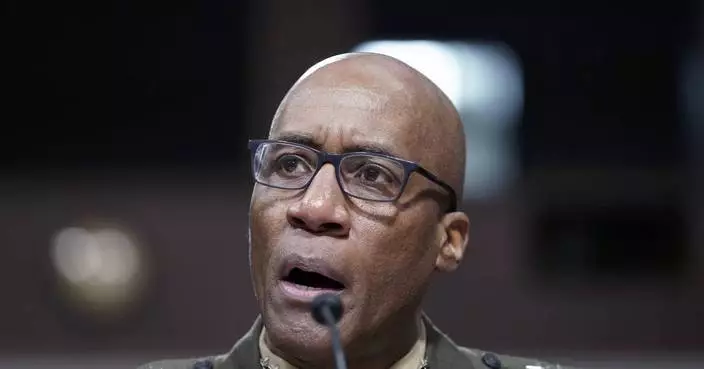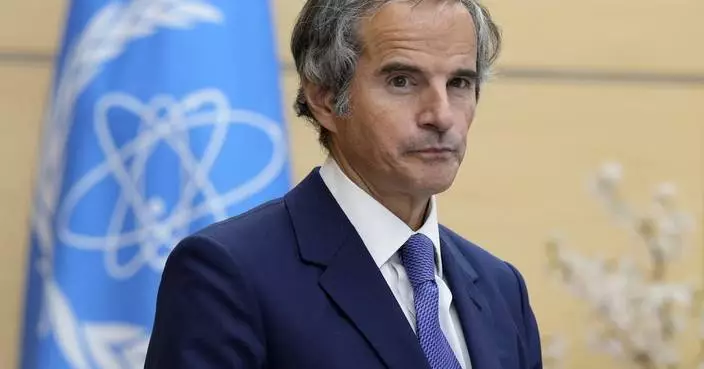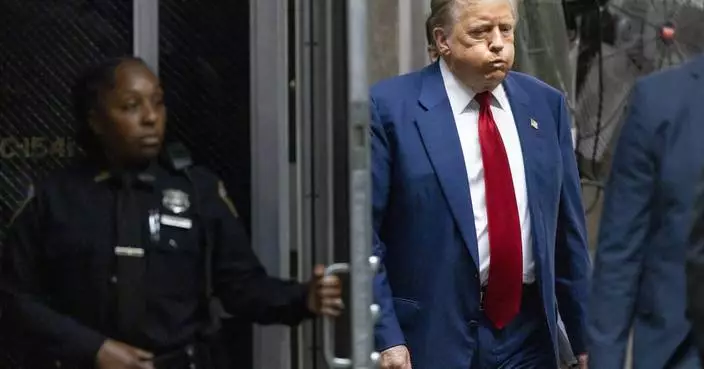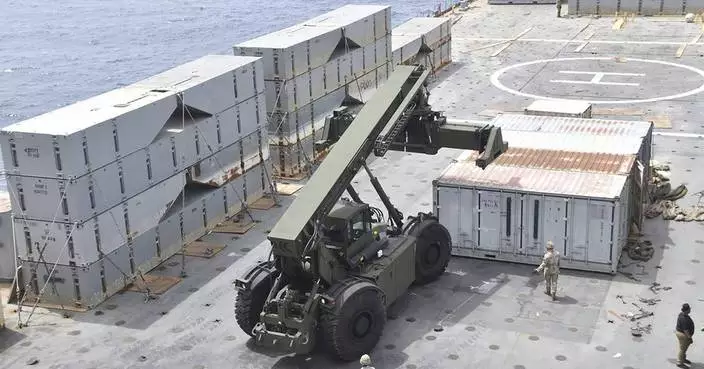The House voted unanimously Thursday for a resolution calling for any final report in special counsel Robert Mueller's Russia investigation to be made public, a symbolic action designed to pressure Attorney General William Barr into releasing as much information as possible when the probe is concluded.
The Democratic-backed resolution, which passed 420-0, comes as Mueller is nearing an end to his investigation. Lawmakers in both parties have maintained there will have to be some sort of public resolution when the report is done — and privately hope that a report shows conclusions that are favorable to their own side.
Four Republicans voted present: Michigan Rep. Justin Amash, Florida Rep. Matt Gaetz, Arizona Rep. Paul Gosar and Kentucky Rep. Thomas Massie.
The nonbinding resolution calls for the public release of any report Mueller provides to Barr, with an exception for classified material. The resolution also calls for the full report to be released to Congress.
"This resolution is critical because of the many questions and criticisms of the investigation raised by the president and his administration," said House Judiciary Committee Chairman Jerrold Nadler. "It is important that Congress stand up for the principle of full transparency."
It's unclear exactly what documentation will be produced at the end of the probe into possible coordination between Trump associates and Russia, and how much of that the Justice Department will allow people to see. Mueller is required to submit a report to Barr, and then Barr can decide how much of that is released publicly.
Barr said at his confirmation hearing in January that he takes seriously the department regulations that say Mueller's report should be confidential. Those regulations require only that the report explain the decisions to pursue or to decline prosecutions, which could be as simple as a bullet point list or as fulsome as a report running hundreds of pages.
"I don't know what, at the end of the day, what will be releasable. I don't know what Bob Mueller is writing," Barr said at the hearing.
The top Republican on the Judiciary panel, Georgia Rep. Doug Collins, said the vote on the resolution was unnecessary but that he would support it anyway. He said he has no reason to believe that Barr won't follow the regulations.
But Democrats have said they are unsatisfied with Barr's answers and want a stronger commitment to releasing the full report, along with interview transcripts and other underlying evidence.
In introducing the resolution, Nadler and five other Democratic committee chairs said "the public is clearly served by transparency with respect to any investigation that could implicate or exonerate the president and his campaign."
Texas Rep. Will Hurd, a GOP member of the House intelligence committee, said before the vote that he believes the resolution should have been even broader to include the release of underlying evidence.
"I want the American people to know as much as they can and see as much as they can," said Hurd, a former CIA officer. He added that "full transparency is the only way to prevent future innuendo."
If a full report isn't released, House Democrats have made it clear they will do whatever they can to get hold of it. Nadler has said he would subpoena the final report and invite — or even subpoena — Mueller to talk about it.
Senate Majority Leader Mitch McConnell, R-Ky., has been less eager to push Barr on the release of the report, despite some in his caucus who have said they want to ensure transparency.
Republican Sen. Chuck Grassley of Iowa introduced legislation with Democratic Sen. Richard Blumenthal of Connecticut that would require Mueller to submit a detailed report to lawmakers and the public at the end of the investigation. But both McConnell and the chairman of the Senate Judiciary Committee, South Carolina Sen. Lindsey Graham, have declined to say whether they would support the legislation.
Graham said he agrees "with the concept of transparency," but stopped short of supporting Grassley's bill, saying he disagrees with taking discretion away from the attorney general.




